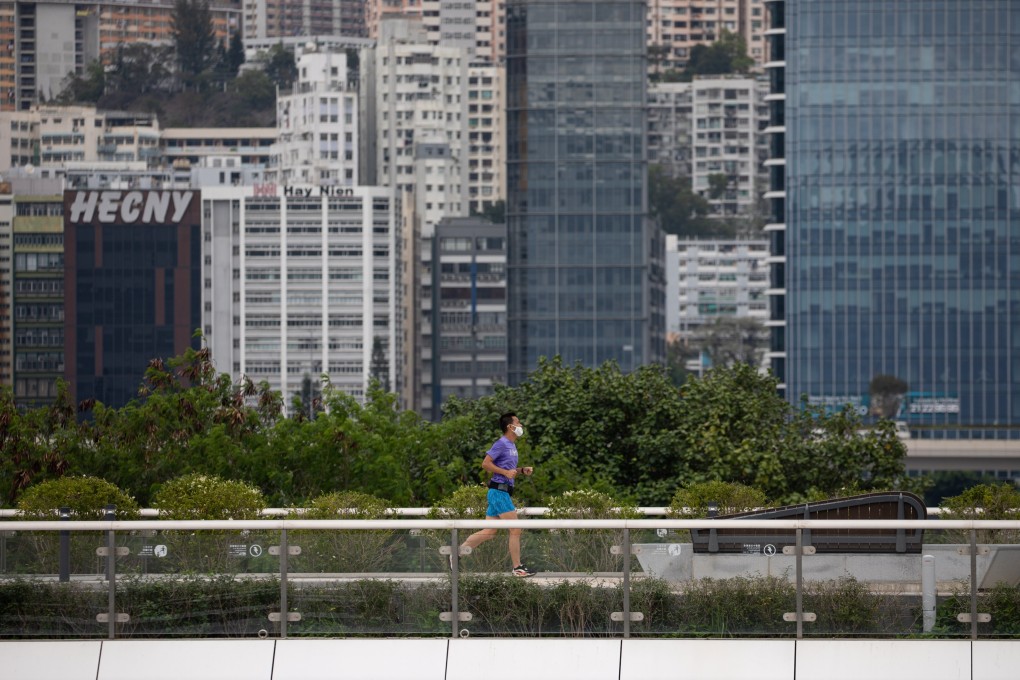Letters | Allow hikers and joggers to use their own judgment on when to wear a mask
- Readers discuss whether it is necessary to mask up while exercising alone in an open space, what Hong Kong needs in its next leader, and how Covid-19 has heightened our smartphone dependency and hampered our pursuit of eudaemonic happiness

By contrast, in a typical local cafe, physical space is so limited that owners often pack tables close to each other, even though they should be complying with social distancing regulations. In country parks, meanwhile, hikers have the choice of waiting for people to pass or going another way to avoid them. I think we are sensible enough to be able to decide for ourselves.
As for taking a jog in the park: sure, we can lower the intensity of our workout. However, we are also sensible enough to keep a good distance from each other and the open space allows us to do so. It is entirely different from working out at an indoor gym. I wish our leaders or experts could appreciate that it is very difficult to breathe properly when you are running with your face mask on, even for joggers who aren’t doing a too demanding workout. Moreover, the physically strong need to inhale more oxygen than a casual jogger like me. I really do not understand why the general public cannot be treated like grown-ups and allowed to exercise in open space without having a mask on.
After all, shouldn’t the government encourage people to do regular exercise to keep healthy and build up their immune system? For many, having to wear a mask at all times means missing out, as being able to exercise indoors is a luxury not everyone can afford, especially those who live in subdivided units with very limited private space. I am really baffled by this measure as it really does not make sense.
Yin Ling Lee, To Kwa Wan